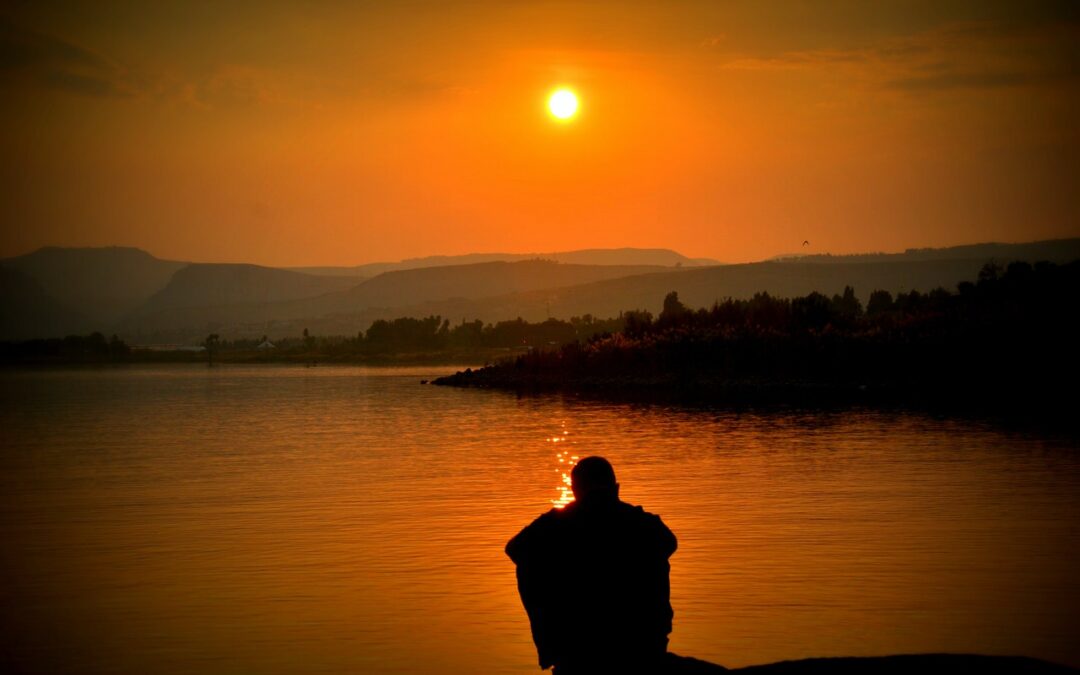
Overcoming the Fear of Death
For most of my life, I feared death.
As a child, I would end up in a state of panic if I thought about what happens when we die. So, I would go to great lengths to distract myself from thinking about it. I’ve had many nightmares throughout my life where I face certain death.
The most common, recurring nightmare was being trapped in a car that was plummeting off a cliff toward the ocean below. I would wake up seconds before the car impacted the water with my heart pounding.
Religion has never been a part of my life, and never will. I don’t believe the idea of heaven and hell from any religious perspective.
In my mind, there were only two plausible ideas of what happens to us after death. The first was the idea of reincarnation. The second was that we just die and our body becomes part of the earth.
Neither one sounded comforting or appealing to my childhood logic. If I was reincarnated, I would be an entirely different person and have no memories of this current lifetime. If death equaled nothingness, it amounts to the same thing. The idea that my life, my identity, and my memories would all be “erased” turned death into the ultimate fear for me. So I taught myself to not think about my own death whenever possible.
In 2009, I experienced something far worse than my ultimate fear. Not my own impending death, but the death of someone whose life was more important than my own: my child.
In the early days and months after my daughter’s death, I once again grappled with what death meant. I was forced to face the dreaded question of what happens to us after we die. After reading many books and talking with others, I found no real answers or concrete evidence. The absolute reassurance I was looking for was unattainable. All I knew was that I desperately wanted her to still be with me.
In some moments, I actually wanted to die. Because if there was even the slightest chance of some sort of afterlife, it would mean I could be with her again. Not to mention, it seemed the only form of escape from the oppressive pain I felt. Of course, I knew the pain of my own death would cause my family even more anguish. So I never came close to doing anything to cause my own death.
During my overwhelming grief, I began to notice what seemed like signs from my daughter.
They started off as fascinating coincidences. But the more I noticed them, the more they felt like someone was trying to tell me something. Some signs involved dragonflies or ladybugs. But mostly I started seeing repeating numbers or number patterns each day, multiple times a day. None of this had ever happened before her death.
I only told a few select people about these apparent signs. Some brushed it off as my mind wanting to assign meaning to things that had none. But others wholeheartedly accepted the idea that they were indeed signs from my daughter. Yet, as hopeful as I was that these signs were from my daughter, I was still skeptical on some level.
After years of receiving continual signs, I am convinced that they are my daughter’s way of reassuring me that she is always with me.
I now believe our consciousness continues to exist after our death. I don’t know how or “where.” But I am no longer afraid of death.
Once my fear of death was alleviated, an interesting thing happened. I’ve since had several dreams of plummeting in a car towards the ocean as I did growing up. But they had changed. I’m still falling towards the water in fear, but I no longer woke up in a panic just before hitting the water.
Instead, I dreamt I went into the water. And instead of struggling for breath, I surrendered to the situation and relaxed. In doing so, I didn’t feel pain or panic. Instead, I felt completely at peace.
I think that must be what death is like: a state of complete and absolute peace.

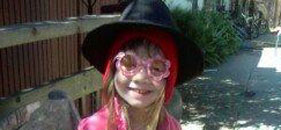
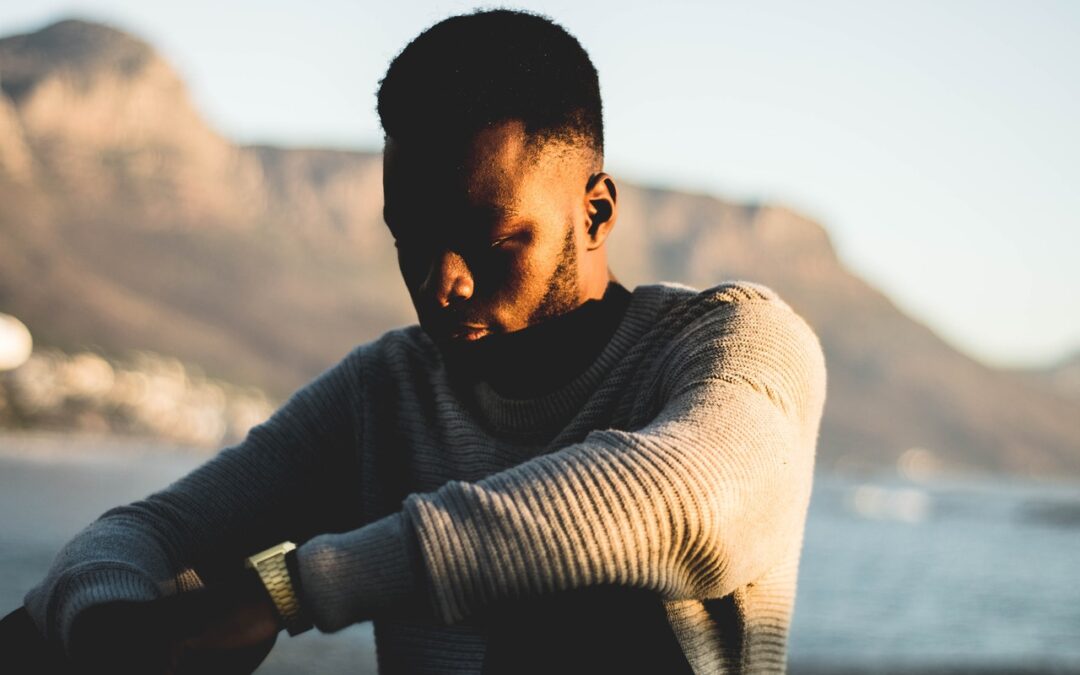
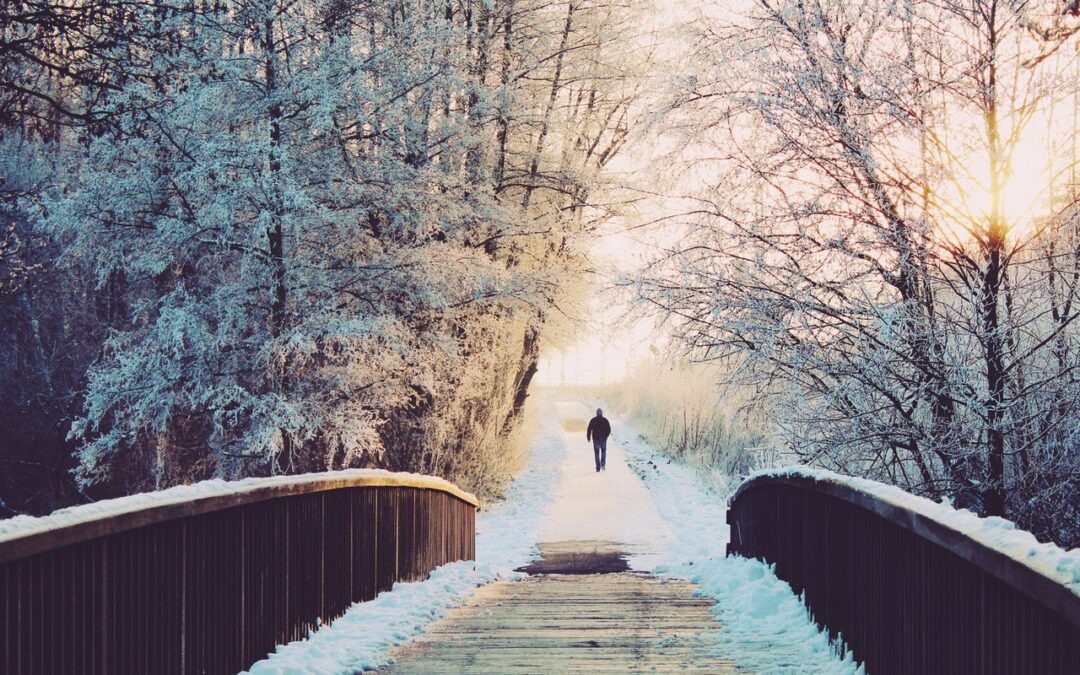
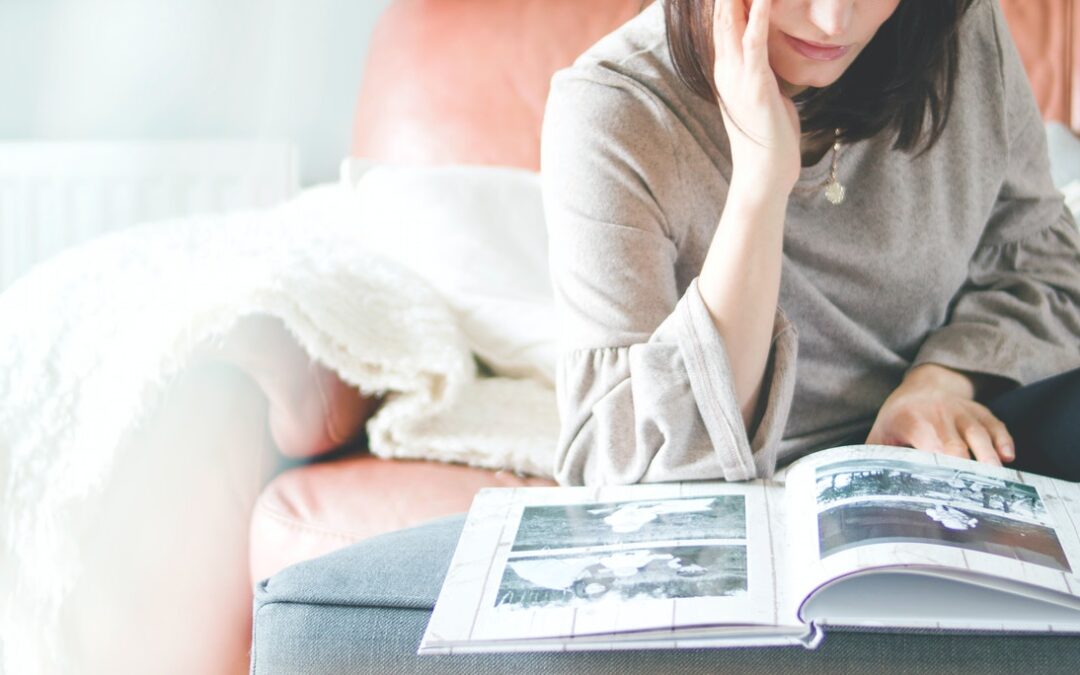
 This website was inspired by the memory of Margareta Sol Kubitz in hopes of helping others work through the pain of grief.
This website was inspired by the memory of Margareta Sol Kubitz in hopes of helping others work through the pain of grief.